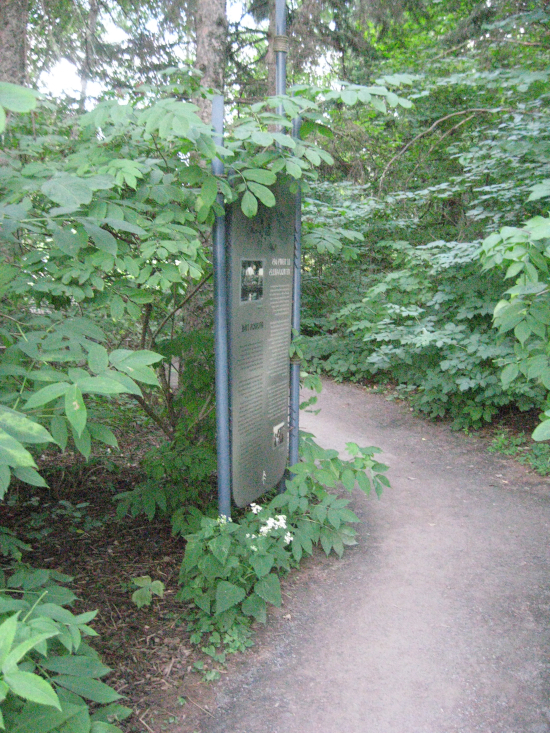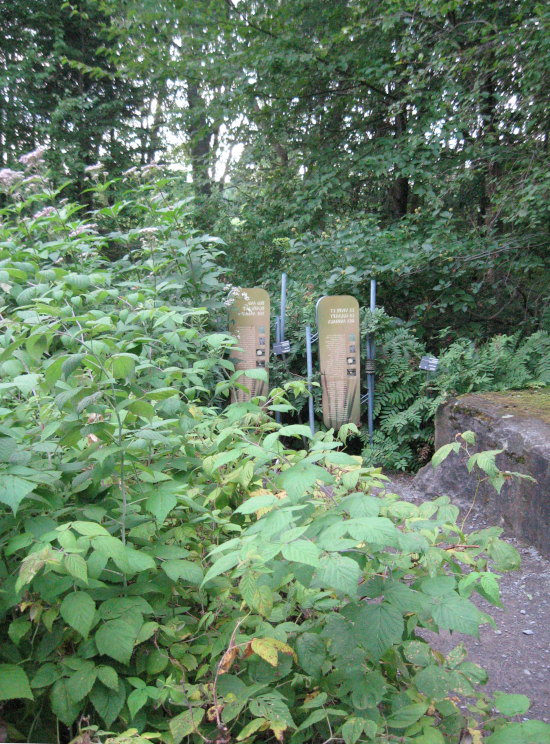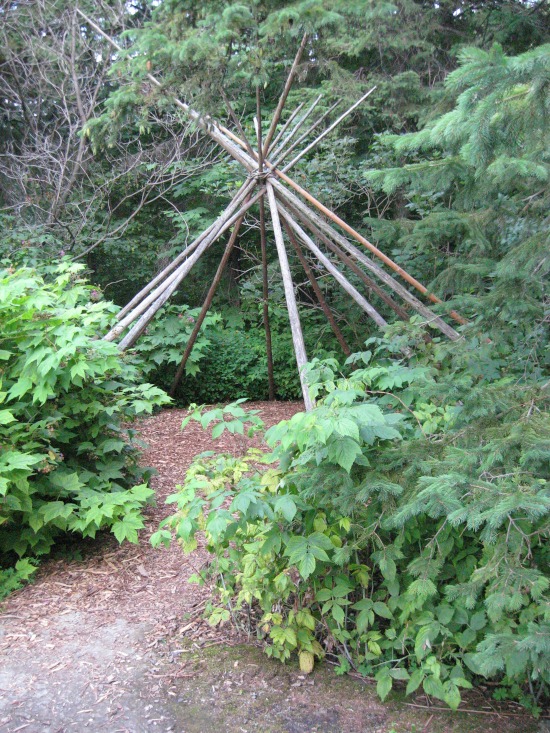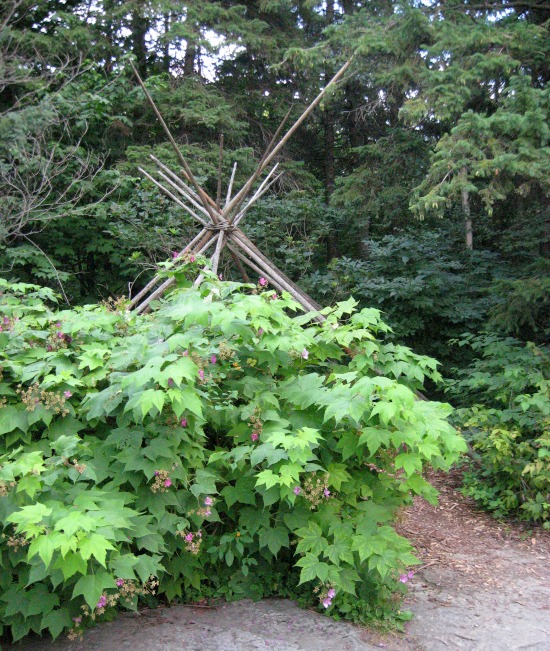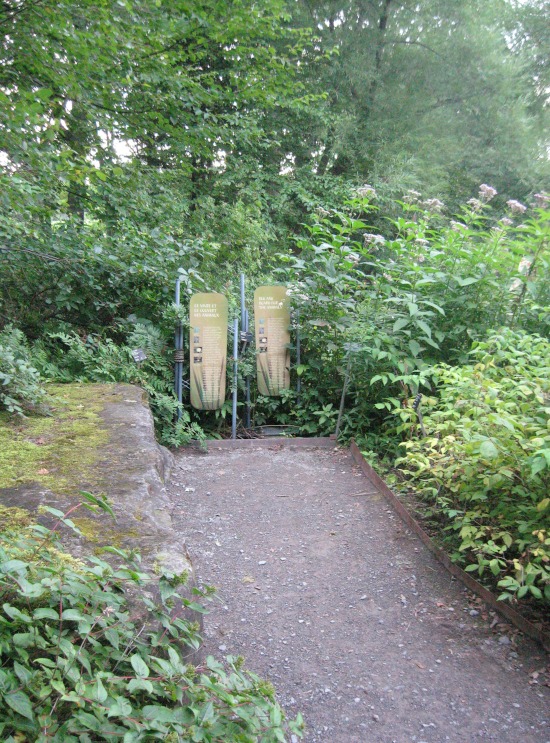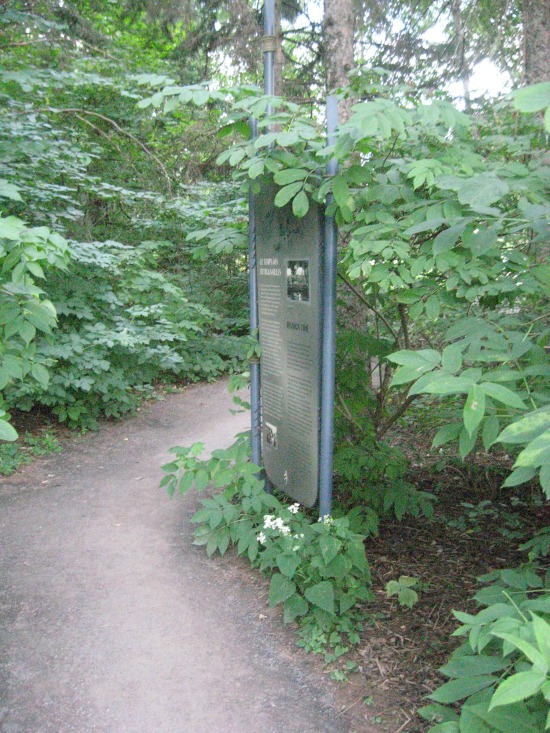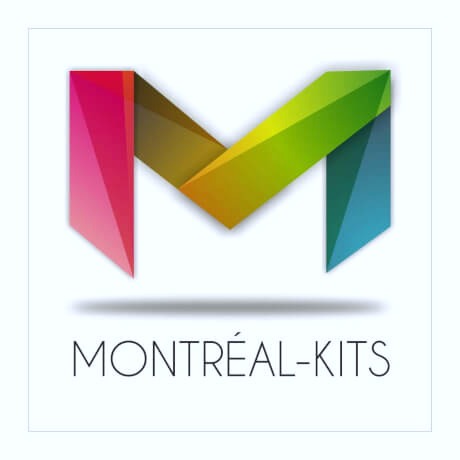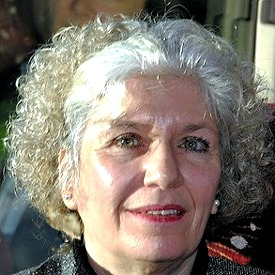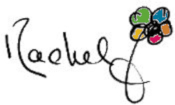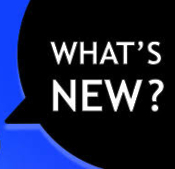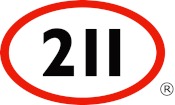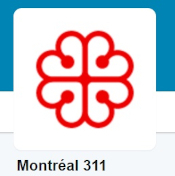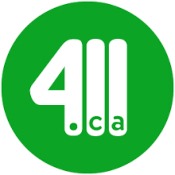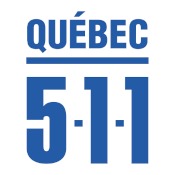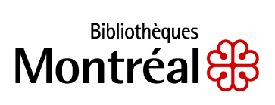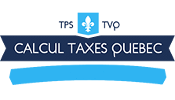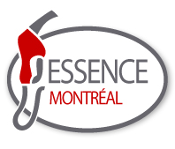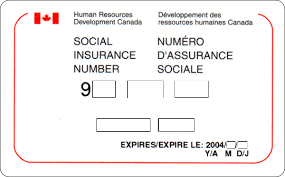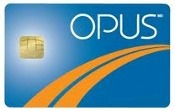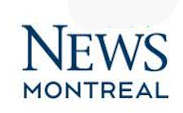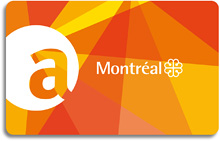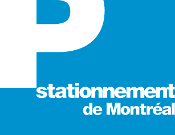Indigenous Relations with Montreal
Indigenous relations with Montreal, with Montrealers and with mayor Denis Coderre who, in 2017, announced the addition of a white pine to the symbolic emblems of the flag and of the coat of arms of the City of Montreal. An Eastern white pine described as the symbol of the Great Peace of 1701 by the Montreal Indigenous population of the past and of the Great Tree of Peace of today.
Also in 2017, mayor Coderre announced that Amherst Street named after British general Jeffrey Amherst (1717-1797) was to be renamed. Amherst who, as an officer of the British Army supported the genocide and the deliberate killing of a large group of Indigenous peoples.
The name Canada comes from the Huron-Iroquois "kanata" a word that means village or settlement followed by a country called Kanata since Jacques Cartier in 1535 and then called Canada since 1791.
Two years later, in 2019, Valérie Plante, mayor of the City of Montreal confirmed that Amherst Street has been renamed and is now Akateken Street, a Mohawk word that symbolizes fraternity and peace.
Indigenous Indians
The word Indian comes from Christopher Columbus who thought (and wished) he had reached India and assumed that the local population were Indians.
A country now called Canada and a name that may come from Kanata, an Iroquoian Huron-Wendat word that meant and still means village or settlement.
Nowadays, it is frowned upon to use the word Indian when referring to Indigenous Peoples or Indigenous Relations, two collective terms that specifically refer to the First Nations, the Métis and the Inuit.
Indigenous Indian Act
The Indian Act is a Canadian federal law that governs matters pertaining to North American Indian status, to Indian bands and to Indian reserves. An Indian Band also called a First Nation band along with a basic government unit for those who are subject to the Indian Act.
Indian reserves are tracts of lands set aside under the Indian Act and treaty agreements for the exclusive use of Indian bands. Indian reserve is the term used in Canada and Indian reservation is the term used in United States.
Indigenous Resources
The Indian Register is the official record that identifies the persons registered as Indians under the Indian Act. Indian status is the legal status of a person who is registered as an Indian under the Indian Act.
Status Indians who may be eligible for a range of benefits offered by the federal, the provincial and the territorial governments. Benefits that are not available to non-status Indians, to Métis, to Inuit who have a different governance structure and to other Canadians.
Indigenous Peoples Rights
In Canada, the term Indigenous is preferred to the word Indians, Natives and Eskimos culturally inappropriate. Many if not all Canadians feel that these words are outdated and have a negative connotation.
Indigenous peoples refers to different Aboriginal groups such as the First Nations, the Inuit, and the Métis while Indigenous languages refer to the Iroquoian and the Algonquian languages and to their past and present culture and history.
Inuit plural refers to a specific aboriginal group of people who, for the most part, live in the far northern areas and who are not considered North American Indians under the Canadian law. Inuktitut is their native language.
The issue of the Metis identity continues to be the topic of much debate and much discussion. The rights of the Metis largely depend on identifying the aboriginal indigenous peoples who are entitled to such rights and then on specifying what those rights are or should be.
Montreal Kits
Indigenous Relations with Montreal
Disclaimer Keep in Touch! Montreal Tourism
Privacy Policy Rachel Louise Barry Sitemap
Montreal Kits © All Rights Reserved 2018-2024
The information provided by Montreal Kits is informational only and has no legal value.







